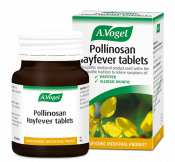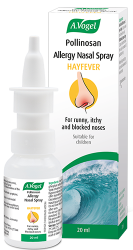Dog allergies
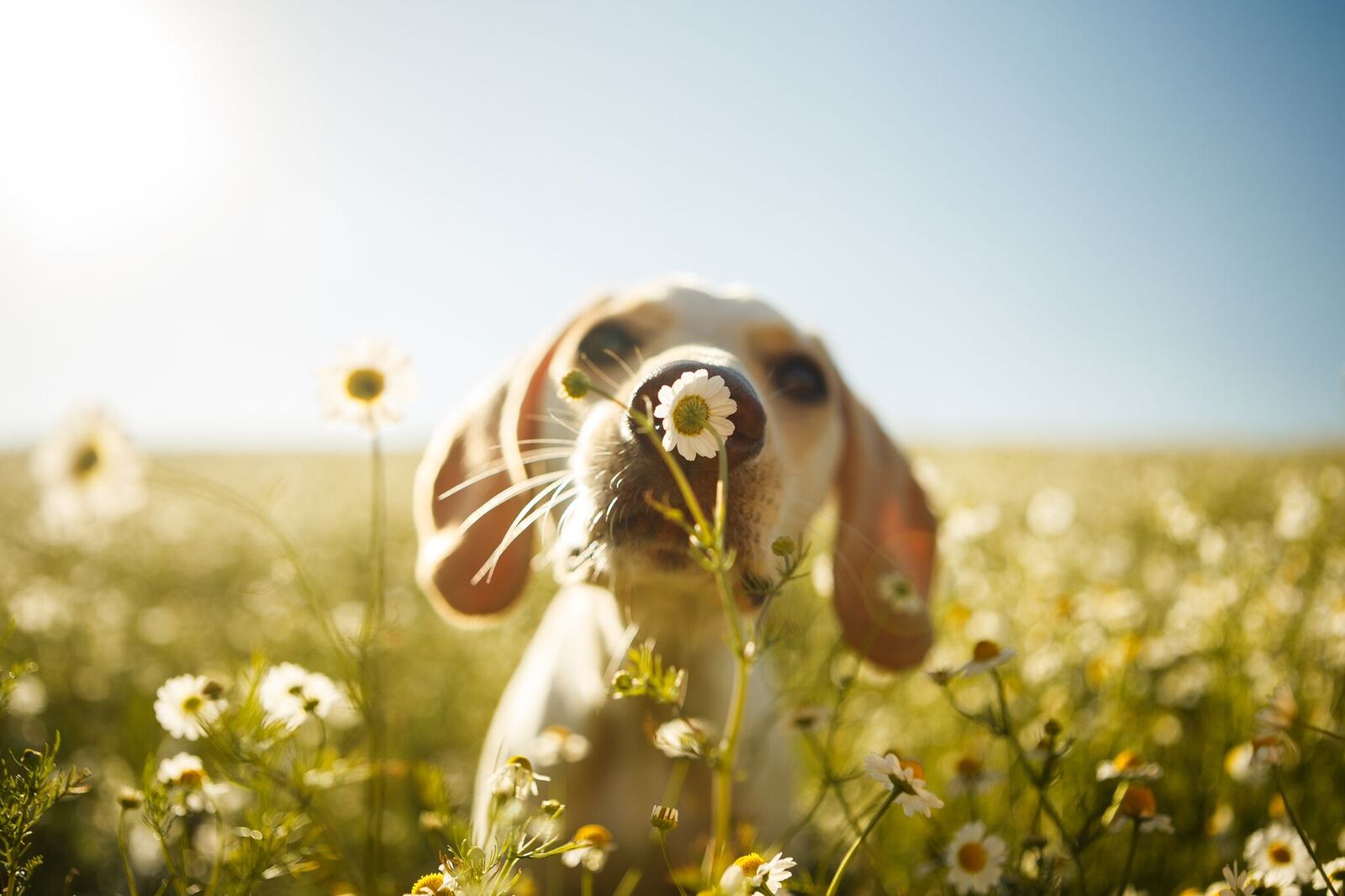
If you have a pet allergy but still wish to get a dog you may have come across the term “hypoallergenic dog breeds”. This refers to a type of dog that is supposedly more compatible with someone who has an allergy, perhaps because its fur needs less grooming or because it doesn’t shed its fur. There is often the belief that these “hypoallergenic dogs” will not cause allergy symptoms but unfortunately this simply isn’t the case.
That’s because most people are allergic to animal dander, meaning the saliva, urine and dead skin cells of dogs, rather than their fur. All dogs produce these things so regardless of their breed or their type of fur, they still have the potential to bring out allergy symptoms. Even a hairless breed such as the Chinese Crested Dog could cause issues for an allergy sufferer! So, it’s important to bare this in mind if you are considering getting a so-called hypoallergenic dog as, regardless of its title, it may still cause problems.
Can I still get a dog?
I wouldn’t like to be the one to put you off giving a rescue dog a new and loving home if that’s what you want to do. However, just remember that there’s no guarantee that the animal won’t cause congestion, watery eyes or constant sneezing. The decision is yours – many people put up with allergy symptoms because the thought of giving up their dog is more painful!
Tips when choosing a dog if you have an allergy
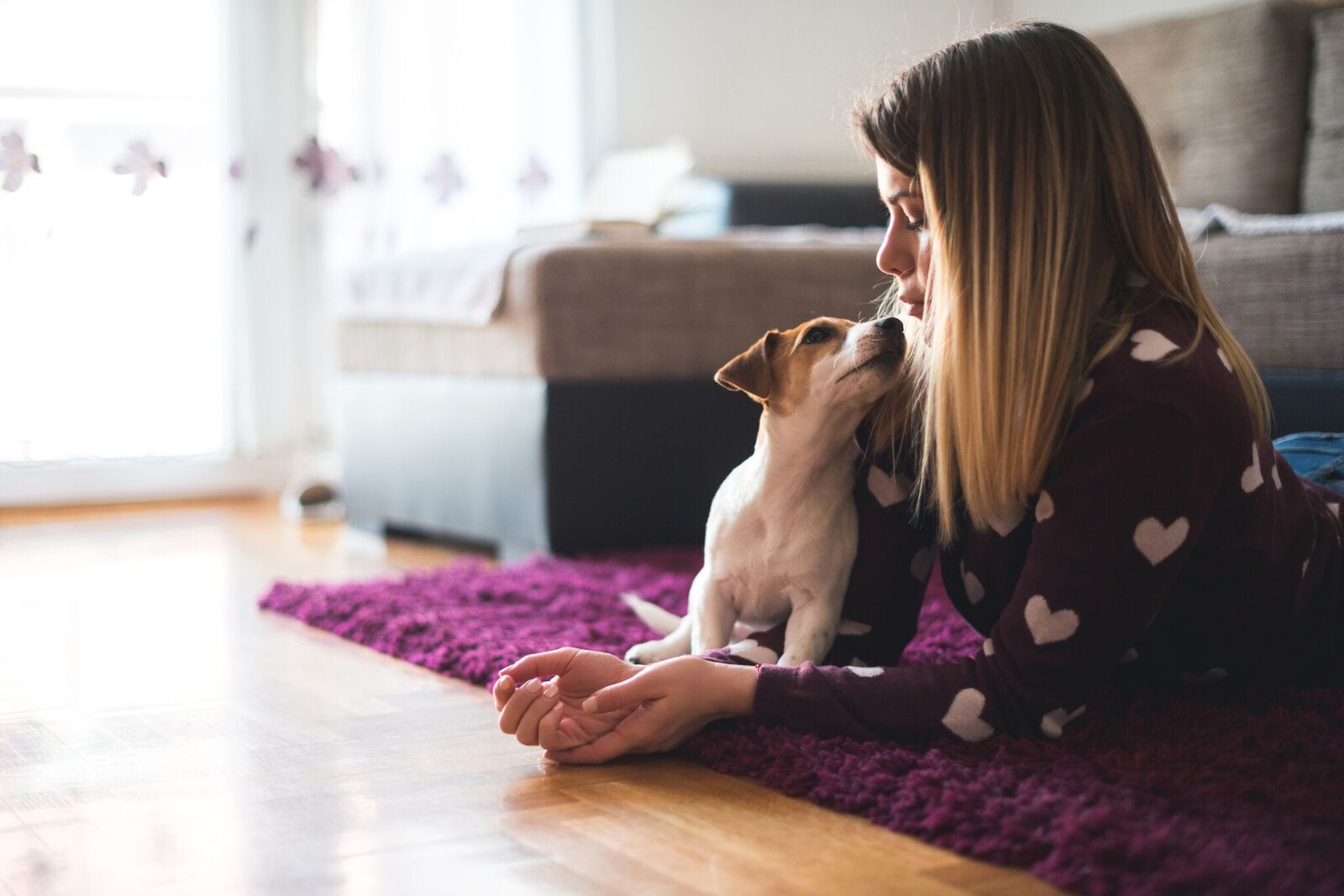
If you’ve made the decision to take on a dog but you or a family member suffers from an allergy, here are a few simple things to remember:
- If you wish to give a rescue dog a new home, bear in mind that most shelters will not know the exact breed. Most will be cross-breeds meaning it’s almost impossible to determine whether it will trigger your symptoms or not.
- When choosing a dog, visit it as many times as you can to find out if it brings out your allergy symptoms. Also, if it’s possible, take the dog home for an overnight stay. Remember though, daily exposure to allergens usually makes symptoms more severe so don’t assume that because problems didn’t arise during the course of your visit, that they won’t arise at all.
- Every dog varies in terms of the amount of allergens they produce, even if they are the same breed. Therefore, don’t assume that just because you’ve had a poodle in the past for example, that a new one will be the same.
Preferred breeds for allergy sufferers
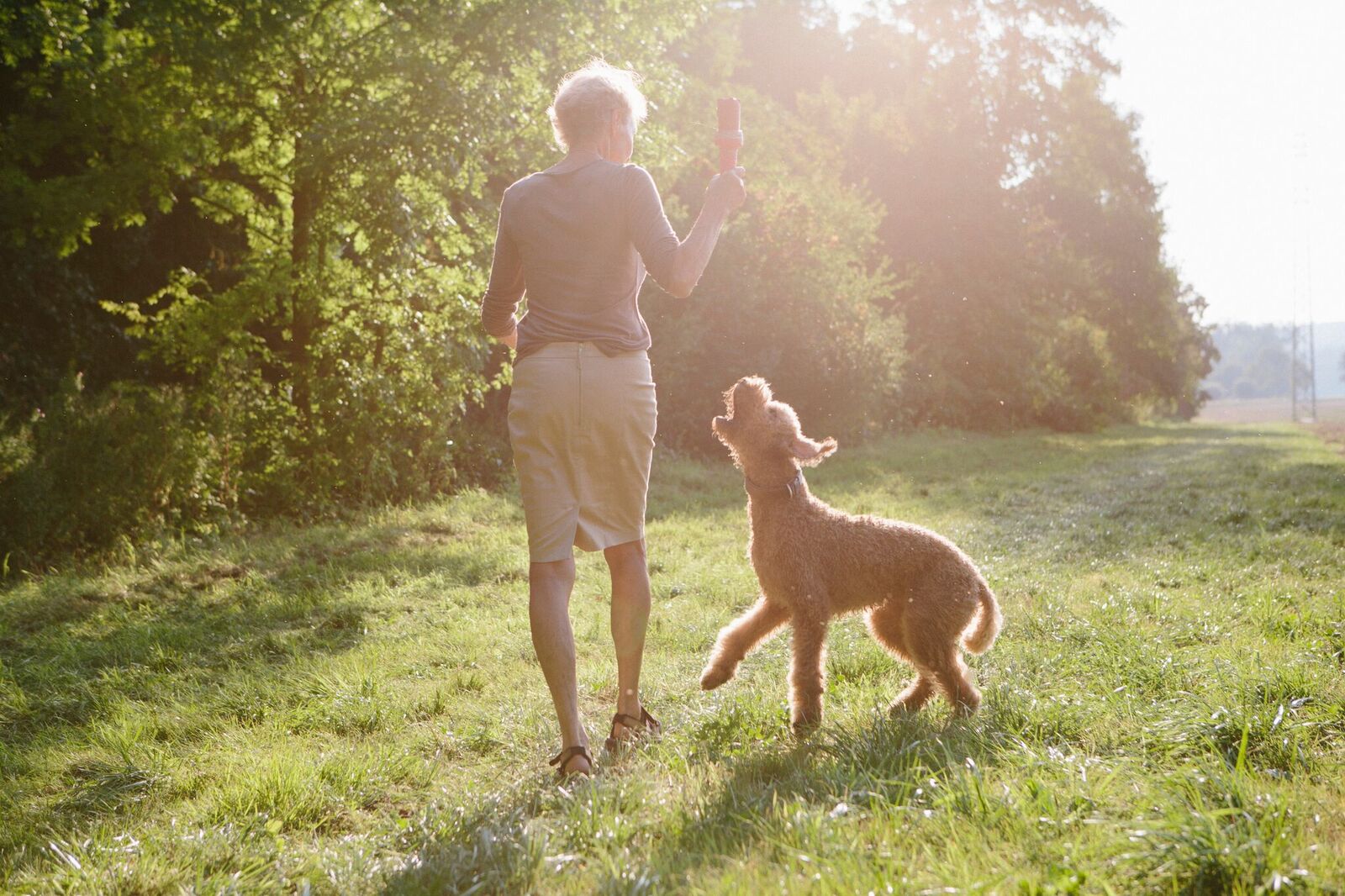
As I’ve mentioned, there is no dog breed that can be deemed allergy-free but there are some that, for a few reasons, are preferable if you suffer from an allergy.
- Breeds that shed little - there are some dogs that, although aren’t completely dander-free, do produce less of it because they shed little fur
- Smaller dogs - dogs come in all shapes and sizes but it’s been said that smaller ones produce less dander which may be better for allergy suffers.
Examples:
- Labradoodle – this cute pup has a wool-like coat that is easy to maintain which is ideal for allergy sufferers
- Maltese - this is one of the smaller dog breeds however, it requires regular brushing to prevent its fur from becoming matted which, as an allergy sufferer, isn’t ideal
- Bichon Frise – like the Maltese, the Bichon Frise requires regular grooming
- Xoloitzcuintli – this unusual breed is often deemed “hypoallergenic” because of its lack of fur. Remember though, it’ll still produce dander!
- Miniature and Giant Schnauzers – are also regarded as “hypoallergenic” but once again, they require regular grooming
- Basenjis – with their short, non-shedding coats, these dogs are popular for those with an allergy
- Terriers – this includes the Yorkshire, Scottish and West Highland Terriers but again, regular grooming is necessary
- Poodle – these dogs don’t shed any fur but are known for their elegant coats so obviously grooming is important. However, this is usually done by a professional which makes it is one of the better breeds for allergy sufferers.
Breeds to avoid
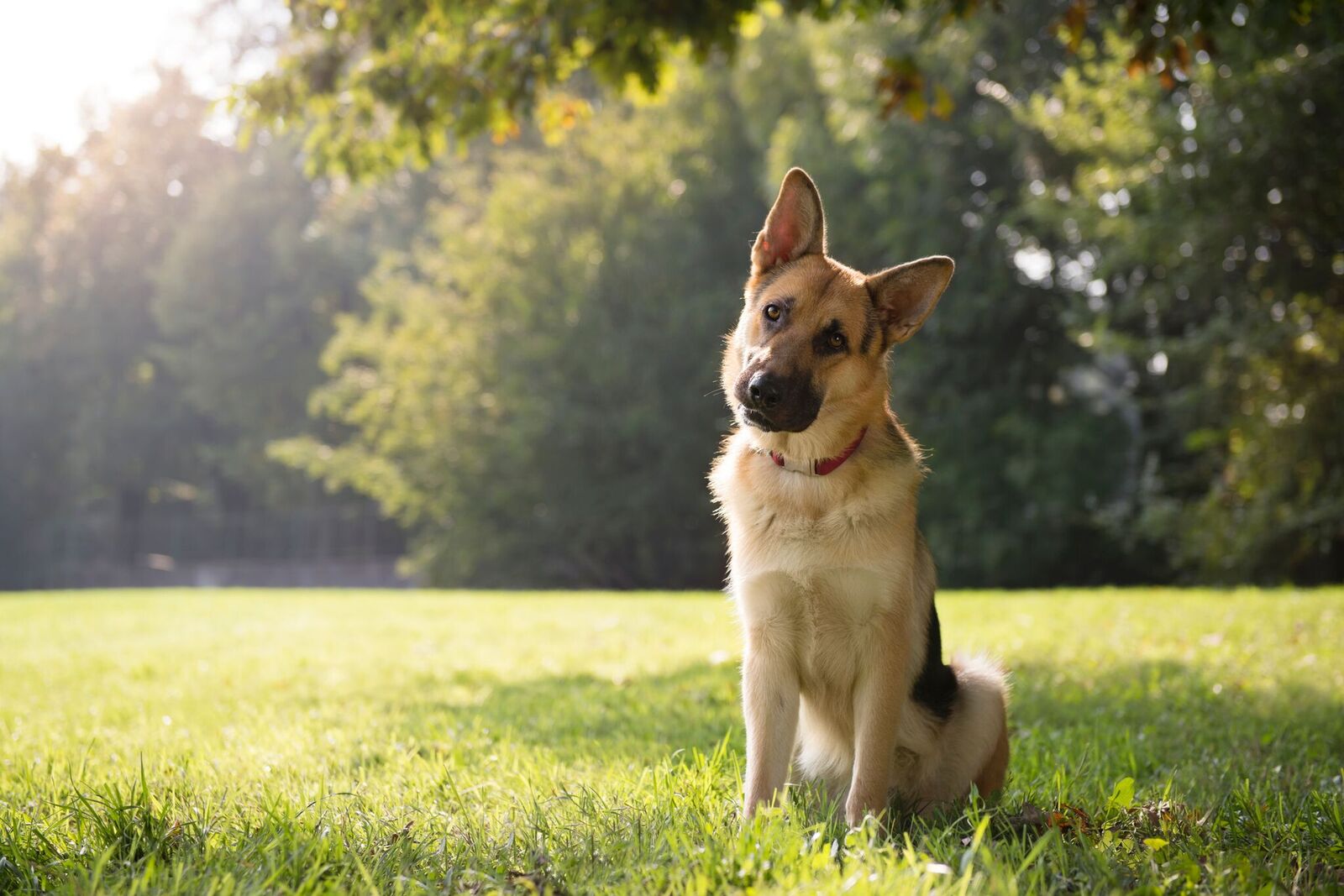
Although no dog is guaranteed to be allergy-free, there are some that should definitely be avoided if you have an allergy.
- Anything that needs a lot of grooming – some coats require a lot more attention than others and so you probably shouldn’t think of taking on a high maintenance dog if you have an allergy
- Drooling dogs – ok, all dogs drool it’s just that some do so more than others
- Dogs that shed their coats – the breeds I’ve mentioned above do not shed their coats, but there are many others that do and this could bring out your symptoms.
Examples:
- Saint Bernards – these huge dogs are known for producing a lot of saliva so aren’t ideal for allergy sufferers
- Bulldogs – again, these guys release excess saliva
- German Shepherds – these make great service dogs but they are known for developing dry skin so if this dander gets round your home, it could make allergy symptoms more severe
- Boston terriers – these are a popular breed at the moment but they are prone to allergies which give them water eyes and itchy skin. Again, this could be problematic for humans with allergies
- Shih Tzu - as I’ve mentioned, a lot of dogs deemed “hypoallergenic” still require a lot of grooming including this common breed
- Old English Sheepdog – this is another breed which requires lots of grooming
Addressing allergy symptoms
If a dog allergy is causing problems, you may wish to address your symptoms.
You can turn to our Moisturising Eye Drops for eye problems like itching, watering and swelling.
However, if skin problems like itching and rashes are problematic then our Neem Cream may prove beneficial. This is made from fresh herbs to calm irritation and redness.
So… what to remember

- All dogs have the potential to bring out allergy symptoms
- Some dogs could be less problematic for allergy sufferers, but there’s no guarantee
- Dogs that shed less could be better for your allergy
- Any breed that produces lots of saliva or sheds a lot is not ideal for someone with an allergy
- If you have a dog, it’s unlikely that you’ll be able to avoid allergens like saliva, urine and skin completely.





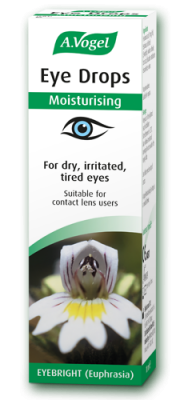
 Looking for help to ease those dry, tired and irritated eyes?
Looking for help to ease those dry, tired and irritated eyes?
